News

Oct 01, 2023
Gugino to enhance impact of agricultural research in new role in Ag Sciences
A longtime faculty member and research leader in Penn State’s College of Agricultural Sciences will serve in the newly created role of associate director of the Pennsylvania Agricultural Experiment Station.
Full Article
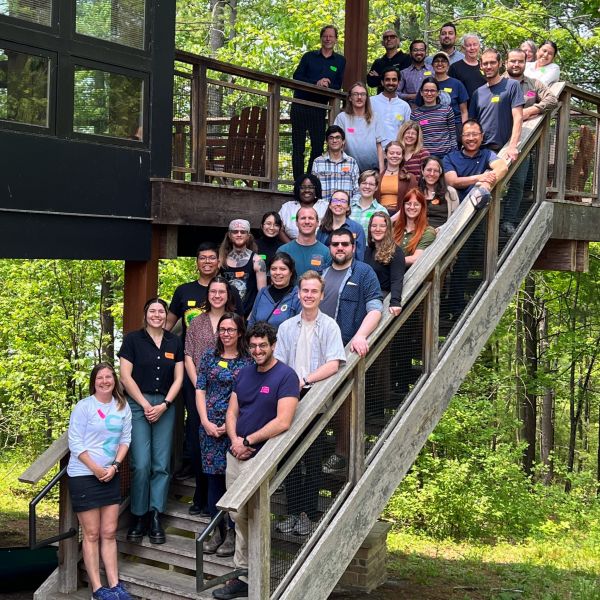
Sep 29, 2023
Liana Burghardt named new Director of Center for Root and Rhizosphere Biology
Assistant Professor of Plant Science Liana Burghardt is serving as the new Director of the Center for Root and Rhizosphere Biology, replacing outgoing director Jonathan Lynch, distinguished professor of plant nutrition.
Full Article
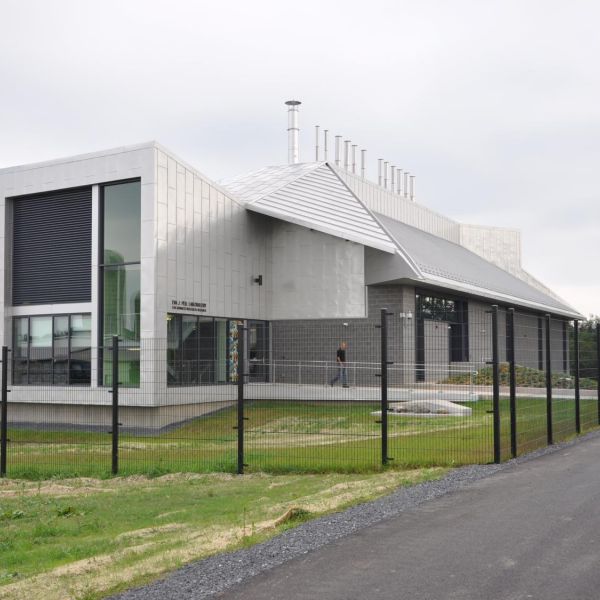
Sep 29, 2023
Q&A: What is the Eva J. Pell ABSL-3 Laboratory for Advanced Biological Research?
Beata Clapp explains how Penn State’s Pell Lab facilitates research to forecast the severity of potential disease outbreaks and inform the development of therapeutics and diagnostics.
Full Article
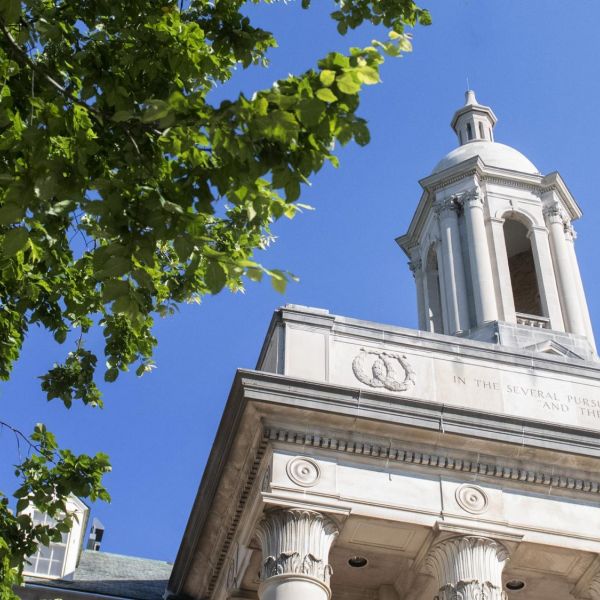
Sep 28, 2023
Penn State rises in THE World University Rankings; places 20th among US publics
Penn State ranked 20th for U.S. public universities, and 42nd in the nation overall, in the 2024 Times Higher Education World University Rankings.
Full Article
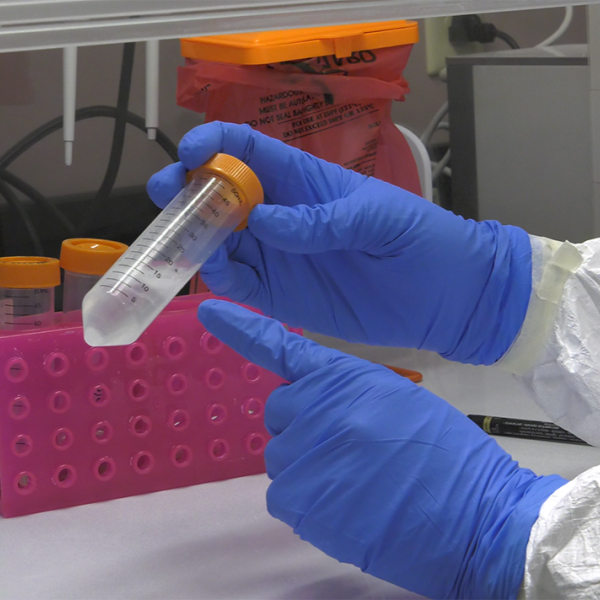
Sep 28, 2023
Q&A: Indigenous community-first approach to more ethical microbiome research
Microbiome samples from Indigenous communities have played an important role in furthering Western medicine but have often been excluded from the research process and may miss out on the benefits that result from their contributions to science.
Full Article

Sep 27, 2023
Internet-based therapy may help depression in people with multiple sclerosis
Patients enrolled in a phase 3 trial of an internet-delivered cognitive behavioral therapy program modified specifically for Multiple Sclerosis showed a large drop in depressive symptoms compared to a control group.
Full Article
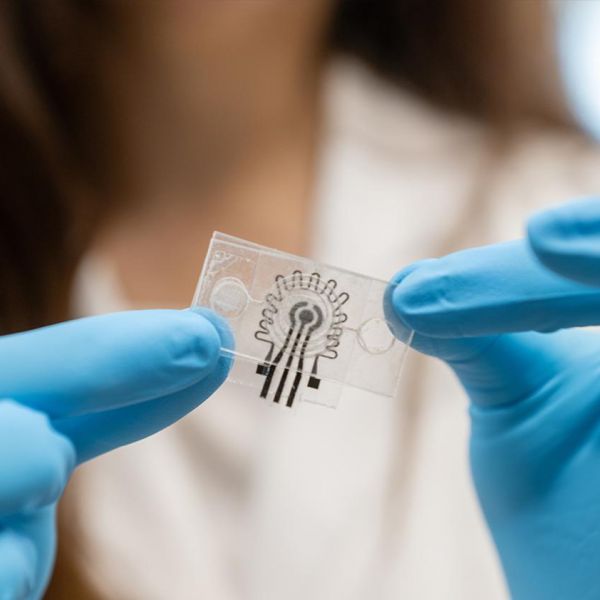
Sep 27, 2023
New wearable sensor makes continuous analysis of sweat possible, researchers say
A Penn State research team has created a novel wearable patch that may provide the ability fir continuous monitoring of sweat.
Full Article
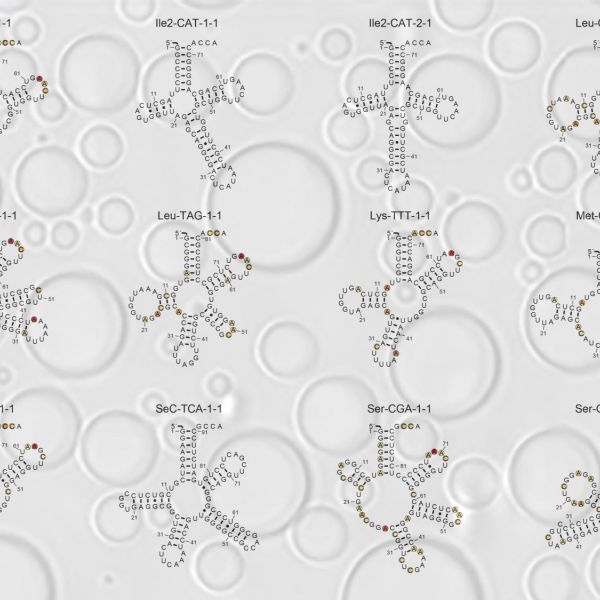
Sep 26, 2023
Could RNA folding play a role in the origin of life?
New research in model protocells reveals naturally occurring chemical modifications to RNA molecules help them properly fold into functional structures.
Full Article
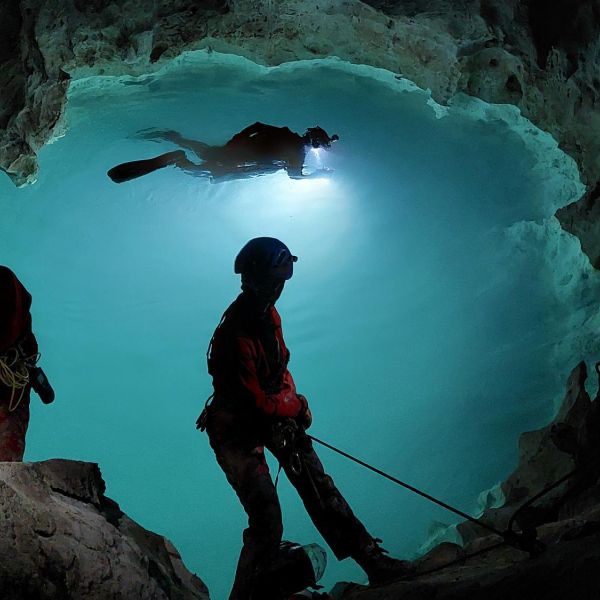
Sep 26, 2023
Q&A: Searching for life where it shouldn’t exist
A team of Penn State scientists is working to solve one of the world’s greatest unsolved mysteries: how life originated on Earth — and how it might have evolved on other planets.
Full Article
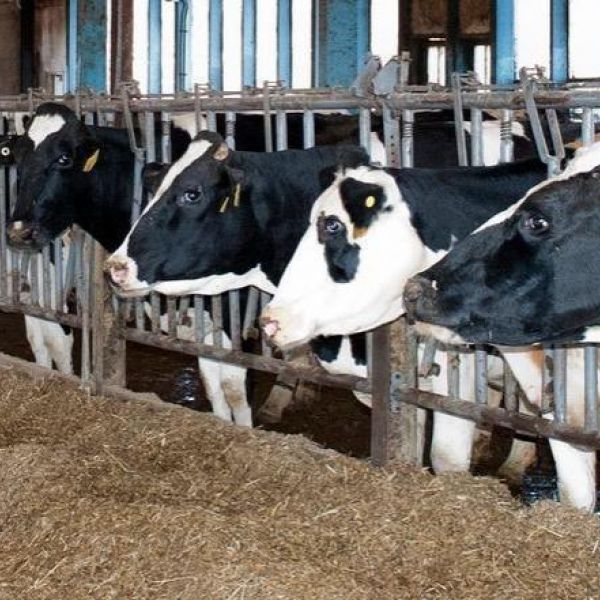
Sep 22, 2023
Researchers aim to reduce antimicrobial resistance in Puerto Rico dairy industry
Using a $1 million grant from the USDA, a Penn State-led research team will assess levels of antimicrobial-resistant microorganisms in Puerto Rico's dairy industry and train farmers and students to mitigate the health threat they pose.
Full Article